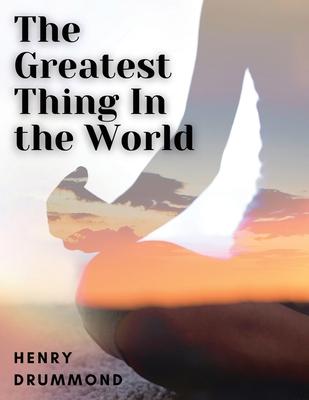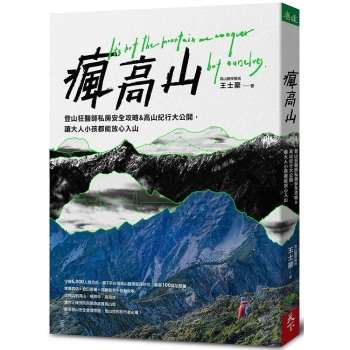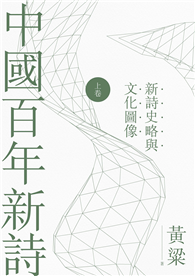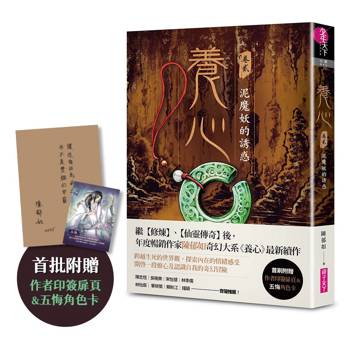"The Greatest Thing in the World" is a book written by Henry Drummond, a Scottish evangelist, biologist, and writer. Originally published in 1874, it remains a timeless classic in the realm of Christian literature, renowned for its profound insights into the nature of love and spirituality.
At its core, the book is an exploration of the biblical concept of love, particularly as articulated in the famous passage from 1 Corinthians 13. Drummond expands upon the Apostle Paul’s words, dissecting each aspect of love - patience, kindness, humility, selflessness, forgiveness, endurance, and hope - and elucidating their significance in the context of Christian faith and everyday life.
Drawing from his background in science, Drummond employs vivid metaphors and analogies to convey the transformative power of love. He emphasizes that love is not merely an emotion or sentiment, but a practical and tangible force that can heal relationships, inspire change, and bring about spiritual growth.
Throughout the book, Drummond weaves together anecdotes, parables, and personal reflections to illustrate the principles of love in action. He shares stories of individuals who exemplified love in extraordinary ways, demonstrating its universal applicability across cultures and religions.
"The Greatest Thing in the World" is not just a treatise on love; it is also a call to action for readers to cultivate love in their own lives and relationships. Drummond challenges readers to embrace love as the guiding principle in all their interactions, urging them to prioritize love above all other virtues and pursuits.
Despite being written over a century ago, the book’s message remains relevant and impactful in today’s world. Its timeless wisdom continues to resonate with readers of all backgrounds, inspiring them to aspire to the highest expression of love in their own lives.












